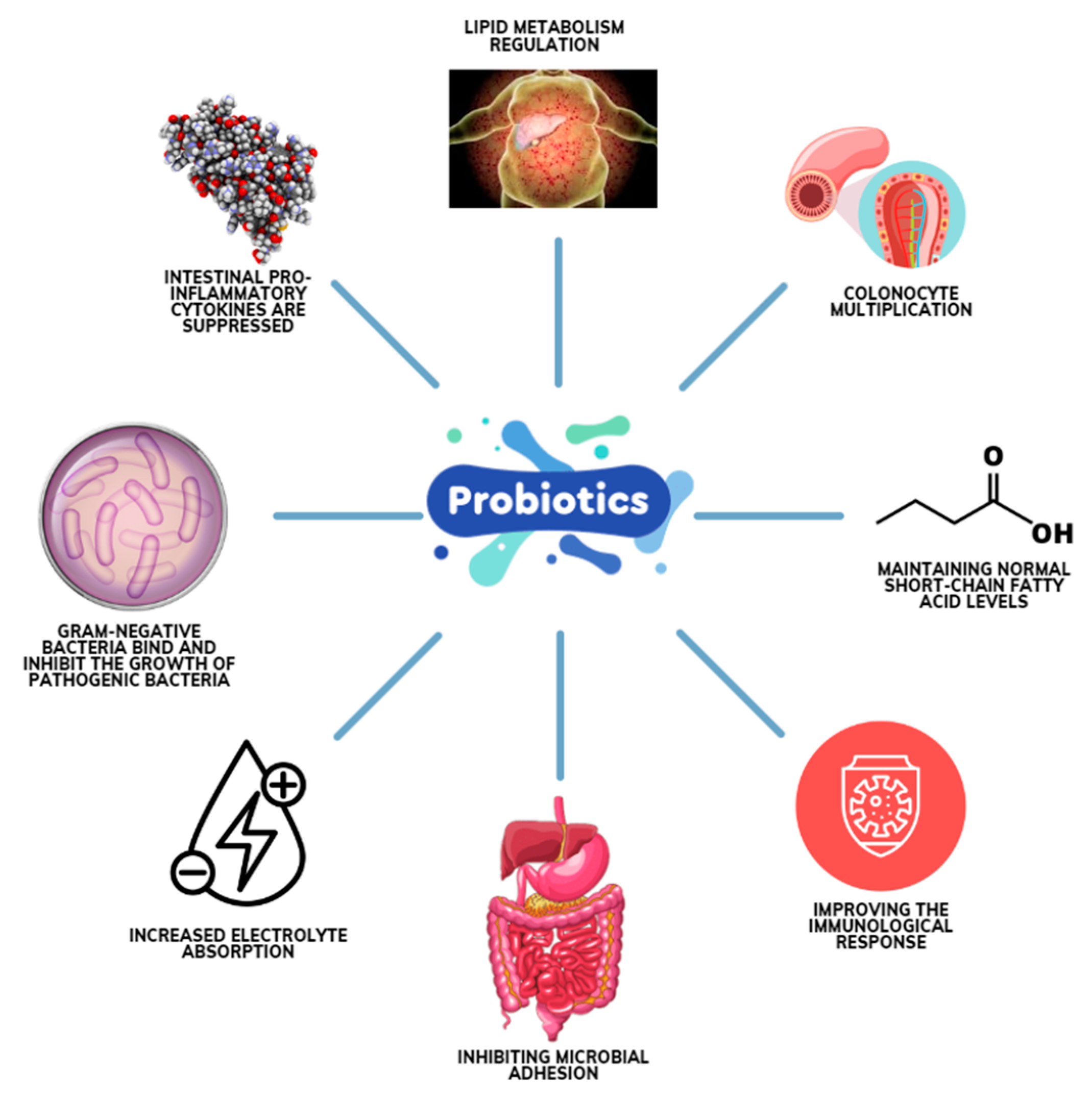
Probiotics, often referred to as “good bacteria,” play a vital role in maintaining gut health and have gained attention for their potential benefits in aiding ulcer recovery. These beneficial microorganisms can help restore the natural balance of the gut microbiome, which is essential for digestive health and overall well-being. In this blog, we will explore what probiotics are, the evidence supporting their use in ulcer recovery, recommended probiotic foods and supplements, and practical tips for incorporating probiotics into your diet.
Understanding Probiotics and Gut Health
Probiotics are live microorganisms that provide health benefits when consumed in adequate amounts. They primarily exist in the gut, where they help to:
- Maintain a healthy balance of gut bacteria.
- Enhance digestion and nutrient absorption.
- Strengthen the immune system.
- Protect against harmful bacteria and infections.
An imbalance in gut bacteria can lead to various digestive issues, including ulcers. Factors such as poor diet, stress, antibiotics, and infections can disrupt this balance, resulting in gastrointestinal problems.
Evidence Supporting Probiotics in Ulcer Recovery
Research has indicated that probiotics may play a beneficial role in ulcer recovery, particularly for peptic ulcers. Here are some key findings:
- H. pylori Eradication: Probiotics may help improve the effectiveness of treatments aimed at eradicating Helicobacter pylori (H. pylori), a bacterium that is a major cause of peptic ulcers. Studies suggest that incorporating probiotics into treatment regimens can enhance the eradication rates of H. pylori and reduce treatment-related side effects, such as diarrhea.
- Reduction of Ulcer Symptoms: Some studies have shown that probiotics can help alleviate symptoms associated with ulcers, including abdominal pain and bloating. By restoring the gut microbiota balance, probiotics can support the healing process and promote overall gut health.
- Gut Barrier Function: Probiotics contribute to maintaining the integrity of the gut barrier, which can prevent the penetration of harmful substances and bacteria into the bloodstream. This protective effect is particularly important for individuals recovering from ulcers.
Recommended Probiotic Foods and Supplements
Incorporating probiotics into your diet can be done through various foods and supplements. Here are some recommendations:
Probiotic Foods:
- Yogurt: Look for yogurts that contain live and active cultures, such as Lactobacillus and Bifidobacterium.
- Kefir: This fermented milk drink is rich in probiotics and can be consumed on its own or added to smoothies.
- Sauerkraut: Fermented cabbage not only contains probiotics but also provides essential vitamins.
- Kimchi: A spicy Korean fermented vegetable dish that is rich in probiotics and antioxidants.
- Miso: A fermented soybean paste commonly used in Japanese cuisine, miso is a good source of probiotics.
- Tempeh: A fermented soy product that is high in protein and beneficial probiotics.
Probiotic Supplements:
Probiotic supplements are available in various forms, including capsules, tablets, and powders. When choosing a probiotic supplement, look for products that contain a diverse range of strains and have a high CFU (colony-forming units) count. It’s essential to consult with a healthcare provider before starting any supplement, especially if you have underlying health conditions or are on medications.
Incorporating Probiotics into Your Diet
Here are some practical tips for incorporating probiotics into your daily diet:
- Start Your Day with Yogurt: Add a serving of yogurt to your breakfast, either plain or with fruits and nuts for added flavor and nutrition.
- Make Smoothies: Blend yogurt or kefir with fruits, vegetables, and a handful of leafy greens for a delicious and probiotic-rich smoothie.
- Add Fermented Foods to Meals: Include sauerkraut, kimchi, or miso in salads, sandwiches, or as side dishes to enhance the probiotic content of your meals.
- Experiment with Recipes: Use probiotic-rich ingredients in your cooking. For example, add miso to soups or sauces for added flavor and health benefits.
- Read Labels: When purchasing fermented foods, ensure they contain live active cultures. This information is typically listed on the packaging.
Conclusion
Probiotics offer promising benefits for ulcer recovery by promoting gut health and enhancing the healing process. By understanding the role of probiotics and incorporating them into your diet through foods and supplements, you can support your overall digestive health and potentially reduce the impact of ulcers. Always consult with a healthcare professional before making significant dietary changes or starting new supplements, especially if you have existing health concerns. Embrace the power of probiotics for a healthier gut and a smoother recovery journey.

